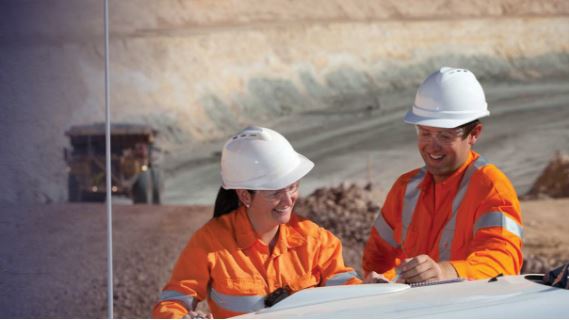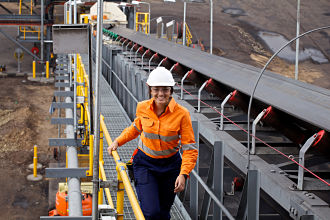A mentoring program that helps women working in remote areas in traditionally testosterone-fuelled industries like mining and construction is gaining traction.
The federal government announced a further $490,000 this week for the Australian Women in Resources Alliance (AWRA) e-mentoring program.
The e-Mentoring program, an initiative of the Australian Mines and Metal’s Association (AMMA), is designed to attract and retain women in the resource, allied and construction industries by overcoming some of the disadvantages of living and working in remote regions, working irregular hours and low female representation.
The money will fund an additional 100 places, some of this targeting indigenous women and those from culturally and linguistically diverse backgrounds.
The nine-month program is individually tailored and works using email, chat, Skpe, phone as well as discussion forums.
Mentors can be male or female, provided they have experience in resource and allied industries or construction.
Training webinars guide mentees and mentors during the program and there is ongoing advice and evaluation.
The program’s is to help women in these industries set goals and how to achieve them, plan their careers, develop problem solving skills and boost confidence.
The federal Minister for Women Michaelia Cash announced the funding at the AMMA National Conference in Perth last week.
Government funding has already supported the program to successfully match 100 pairs of mentors and mentees between 2014 and 2016.
Cash said the government was committed to a range of private sector initiatives that helped women succeed in traditionally male dominated roles and industries.
“The government is dedicated to encouraging women to take up positions in industries with a prevalence of men,” Cash said. “We must challenge stereotypical industries and encourage women to enter a career that is not traditionally dominated by their gender.
“To truly empower women’s workforce choices, we must remove barriers preventing women entering and succeeding in traditionally male dominated industries, such as the resource industry.”


